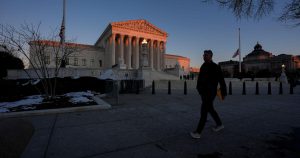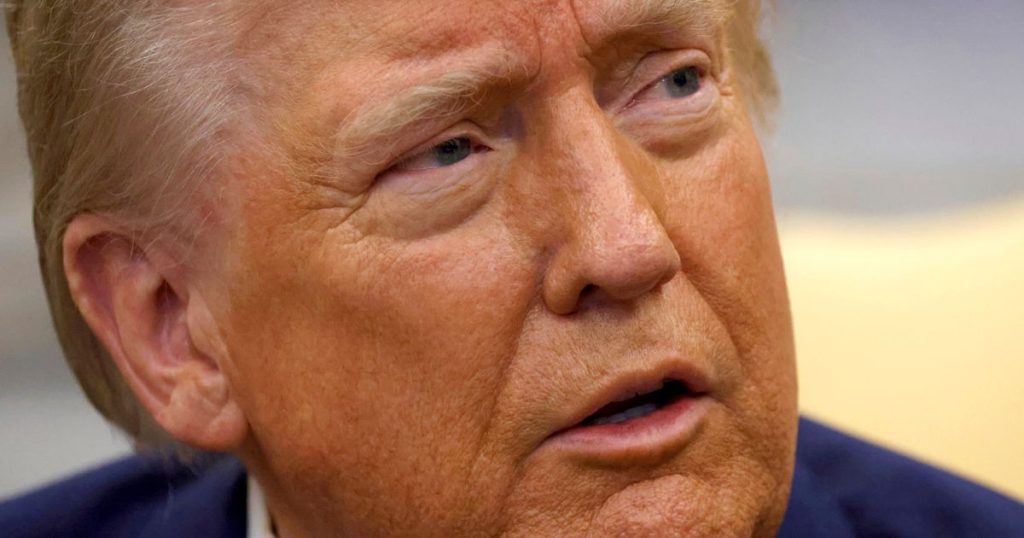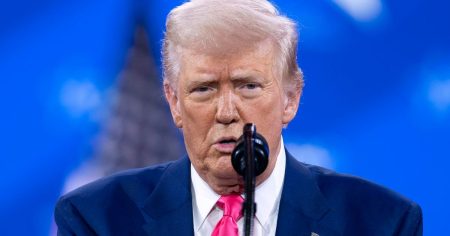A Legal Battle Over Polling and Free Speech: The Case of Donald Trump vs. the Des Moines Register
Introduction: A Lawsuit Over a Pre-Election Poll
In an unusual legal drama unfolding in Iowa, former President Donald Trump has found himself at the center of a heated dispute over a pre-election poll published by the Des Moines Register. The poll, conducted by veteran pollster J. Ann Selzer, showed Trump trailing behind his Democratic rival, Kamala Harris, in Iowa just days before the 2024 presidential election. Although Trump went on to win Iowa comfortably, securing a victory margin of over 13 percentage points, he filed a lawsuit against the Des Moines Register, its parent company Gannett, Selzer, and her polling firm, Selzer & Company. Trump alleges that the poll amounted to "brazen election interference," claiming it was orchestrated to benefit his opponent. However, lawyers for the defendants argue that the lawsuit is baseless and represents a troubling attempt to silence press freedom.
Trump’s Lawsuit: Allegations of "Election Interference"
Trump’s lawsuit, filed in December 2024, accuses the Des Moines Register, Gannett, and Selzer of engaging in fraudulent activities to influence the outcome of the election. Specifically, he claims that the poll published on November 2, which showed Harris leading by 3 percentage points, was a deliberate manipulation aimed at undermining his campaign. Trump’s legal team argues that the poll was an outlier and that its publication constituted a form of election interference. The lawsuit invokes the Iowa Consumer Fraud Act, as well as claims of fraudulent and negligent misrepresentation, to make its case. However, legal experts and the defendants have raised serious doubts about the validity of these claims, suggesting they are little more than an attempt to punish unfavorable media coverage.
The Defendants’ Response: A "Sore Winner" and Meritless Claims
Lawyers for the Des Moines Register and Gannett have dismissed Trump’s lawsuit as a meritless and politically motivated attack on press freedom. In a recent court filing, they labeled Trump a "sore winner," arguing that the lawsuit seeks to weaponize the legal system against media organizations that publish information the former president dislikes. The filing asserts that Trump’s claims are "tortured" and without legal basis, and that granting the relief he seeks would violate fundamental principles of free speech. The defendants emphasize that the First Amendment protects the press’s ability to report on elections, including the publication of polls, and that allowing such lawsuits to succeed would set a dangerous precedent. They warn that Trump’s approach would empower any political candidate to challenge press coverage they deem unfavorable, chilling free expression and public discourse.
Selzer and Her Firm Fire Back: "No Such Thing as ‘Fraudulent News’"
Separately, lawyers for J. Ann Selzer and her polling firm, Selzer & Company, have also filed a brief urging the court to dismiss the lawsuit. They describe Trump’s complaint as "fatally flawed on every level," arguing that there is no legal basis for his claims of "fraudulent news." The filing points out that no court in the United States has ever recognized such a cause of action, and that similar claims brought in the past have been promptly dismissed. Selzer’s legal team also highlights the absurdity of Trump’s allegations, noting that the poll in question was conducted transparently and in accordance with professional standards. Selzer herself has since announced her retirement from polling, stating that her decision to step away from the field was made long before the lawsuit was filed and that she stands by the integrity of her work.
Implications for Free Speech and Press Freedom
The case has sparked significant concern among legal experts and media organizations, who see it as a thinly veiled attempt to intimidate journalists and undermine the independence of the press. If successful, Trump’s lawsuit could set a dangerous precedent, allowing political figures to sue media outlets for publishing information that reflects unfavorably on them. This would not only erode press freedom but also threaten the public’s right to access information about candidates and elections. The Des Moines Register and Gannett have framed the case as a defense of First Amendment principles, arguing that accountability and transparency in democracy depend on a free and independent press.
Conclusion: A Collision of Politics, Polling, and the Law
The legal battle between Donald Trump and the Des Moines Register represents a high-stakes collision of politics, polling, and press freedom. While Trump’s lawsuit appears to be a long shot legally, its broader implications for free speech and journalistic independence cannot be ignored. If the court sides with the defendants, it will reinforce important protections for the media. However, if Trump’s claims gain traction, it could embolden other political figures to pursue similar legal strategies, silencing critical voices and undermining public trust in democratic institutions. As the case moves forward, all eyes will be on the court to determine whether this lawsuit is a frivolous exercise in sore winner syndrome or a serious challenge to the freedoms that underpin American democracy.















